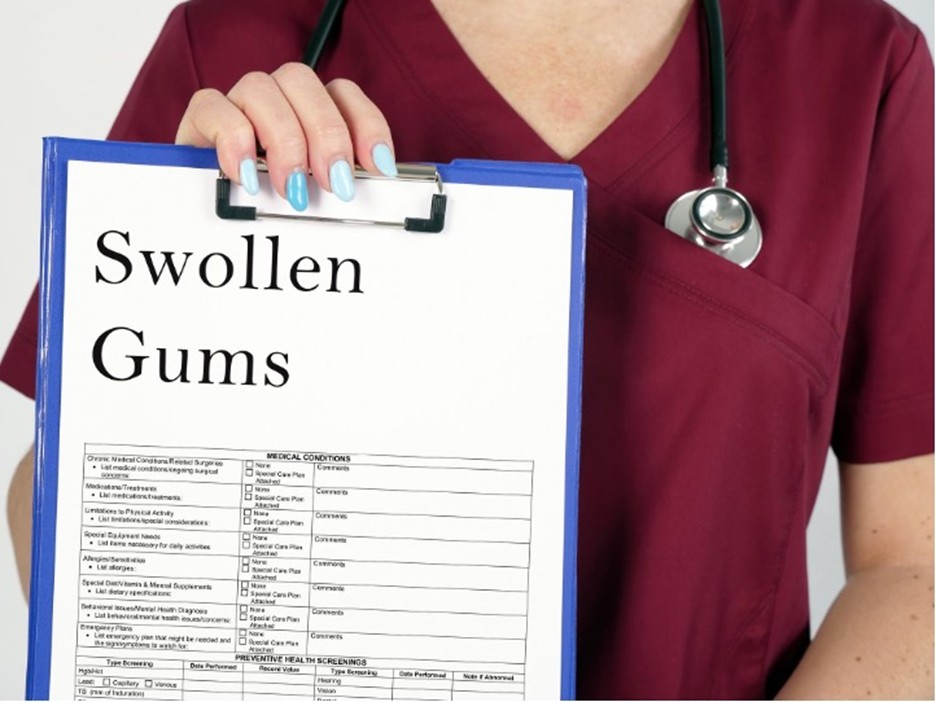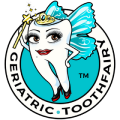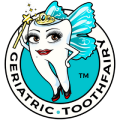Teeth and medication are critical factors to consider when making decisions about elderly care. Medication is the reason I decided it would be best to put my grandmother in long-term care. The fear of giving her the wrong medication at the wrong time by mistake made the decision much easier. Knowing that the average number of medications for each resident in long-term care is 9.7 per day, it’s crucial to consider how proper care and attention to both teeth and medication can significantly affect the well-being of elderly patients.
With three children, a husband, and a full-time job, I knew that it was impossible to be error-free when it came to anything. Being the primary caregiver of anyone takes attention to detail and a clear head. At the time, that was something that I lacked. I later was informed by observing Madea that I made the right decision.
Doctors were able to anticipate her needs and connect the dots between her ailments and oral health.
I learned a lot about medications during that time. One of the things that I learned is the strong connection between the medication that seniors take and their teeth.
For example, certain medications, prescription or over-the-counter, can have harmful consequences on the health of seniors’ teeth. Common side effects are the appearance of spots on the enamel, dysgeusia, gingival enlargement, or dry mouth.
I discuss the connection between medication and oral health.
Lack of Saliva
Dry mouth is a common complaint among seniors and can be a side effect of taking antidepressants, anti-epileptics, or anti-anxiety drugs such as benzodiazepines. In such cases, the patients experience a lack of saliva.
Saliva contains bicarbonate, calcium, and phosphate ions which make it possible to counter acid attacks and to remineralize the enamel. It also has immune cells that help fight bacteria that cause gum disease.
If a senior lacks saliva, they can use artificial saliva, drink lemon juice, or chew gum to stimulate saliva production. They should also keep hydrated by drinking a lot of water to prevent cavities and gum disease.

Gingival Hyperplasia
Gingival hyperplasia is an overgrowth of the gum tissue around the teeth. This condition has many causes, but it is often a sign of poor oral hygiene or as a result of using certain medications.
Enlarged and swollen gums can occur when taking the following medicines:
– anti-seizure medicines such as phenytoin
– calcium channel blockers for heart problems
– immunosuppressive drugs
Patients should talk to a dental professional about this, as extra care must be taken when brushing and flossing. Symptoms of gum hyperplasia are bad breath, pain, and inflammation.

Abnormal Bleeding of Gums
Aspirin and blood thinners, such as warfarin, are commonly used to prevent stroke or heart disease. However, when patients who take these drugs receive treatment for periodontal disease or have oral surgery, they are at risk of bleeding problems.
It is, therefore, imperative that patients inform their healthcare professionals if they are taking anticoagulants so that precautions can be taken to minimize bleeding.
Discoloration of Teeth
Chlorhexidine is found in most mouthwashes and is used to treat gum disease. A common side effect is discoloration of the teeth. Dentists should therefore advise their patients not to use long-term chlorhexidine-based mouthwash.
Always Consult a Dental Professional
Seniors should be advised to speak to their dental professionals if they notice discolored teeth or if they’re taking medication that could affect their oral health. This conversation can include guidance on how to use mouthwash effectively, including the duration and frequency of its use, to ensure optimal dental care and minimize any potential negative effects from teeth and medication.
To book a talk or training on oral care, contact Sonya Dunbar, the geriatric Tooth Fairy. You can also purchase my book The Tooth and Nothing But the Truth for more insights.


